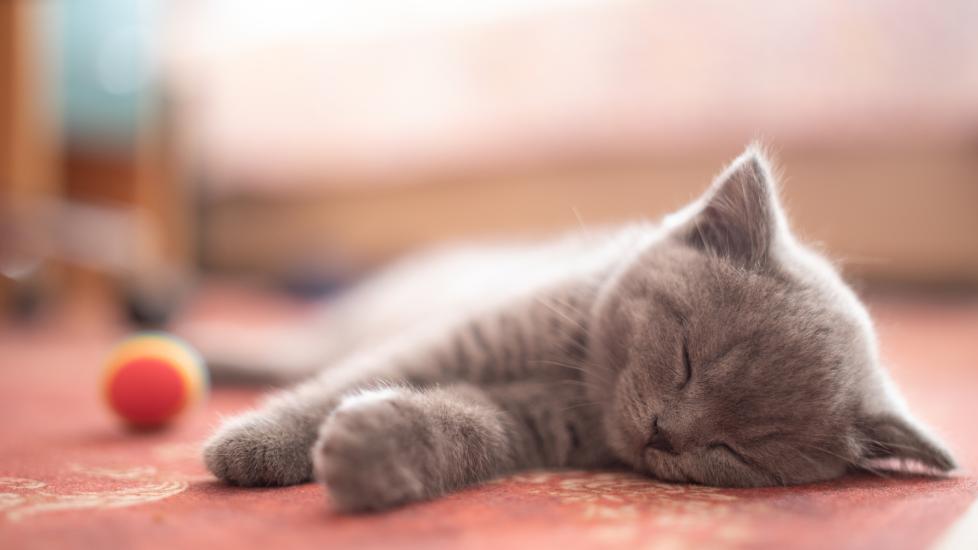 Understanding and Managing Kitten Diarrhea
Understanding and Managing Kitten Diarrhea
Introduction:
As a pet owner, nothing is more distressing than seeing your beloved kitten suffer from diarrhea. This common digestive issue can be concerning and even lead to severe health complications if left untreated. It’s crucial to recognize the signs of diarrhea in kittens, understand its causes, and take appropriate steps to manage it effectively. In this article, we delve into the world of feline gastrointestinal distress, offering insights on how to keep your kitten healthy and happy.
Causes of Kitten Diarrhea:
Diarrhea in kittens can stem from various reasons, including dietary changes or sensitivities, stress, infections (parasites like roundworms or bacteria such as Salmonella), intestinal diseases, certain medications, or underlying immune system disorders. Sometimes, it may simply be due to overeating or eating something indigestible.
Signs to Look Out For:
Recognizing the symptoms early on is key for prompt treatment. Along with loose stools, you might notice that your kitten has an increased frequency of bowel movements, often accompanied by crying or discomfort while passing stool. There could also be a loss of appetite, lethargy, vomiting, or foul-smelling diarrhea. If any of these signs are present, consult with a veterinarian immediately.
Management Strategies:
Here are some steps you can take to help alleviate your kitten’s diarrhea:
1. Monitor Diet: Ensure your kitten is consuming food suitable for their age. Avoid abrupt diet changes and consider consulting with a veterinary nutritionist for specialized diets if necessary.
2. Maintain Hydration: Dehydration can exacerbate diarrhea. Encourage your kitten to drink plenty of water or provide them with electrolyte solutions to replace lost fluids and minerals.
3. Avoid Antibiotics Without Consultation: While antibiotics can treat bacterial infections, they can also disrupt gut flora, leading to further issues. Always seek advice from a vet before administering antibiotics.
4. Regular Vet Checkups: Regular checkups allow vets to monitor your kitten’s health and detect potential problems early on. Timely intervention can prevent serious conditions.
5. Parasite Prevention: Keep up with regular deworming schedules recommended by your vet to prevent parasitic infestations that can cause diarrhea.
6. Environmental Stress Reduction: Identify sources of stress in your kitten’s environment and address them accordingly. A calm and comfortable living space can contribute to better digestion.
7. Supervise Playtime: Prevent accidental ingestion of non-food items that can irritate the stomach and cause digestive upset.
Conclusion:
By understanding the causes of kitten diarrhea and implementing proactive management strategies, you can support your feline friend through this challenging period. Remember, each case is unique, and professional guidance from a veterinarian is essential for accurate diagnosis and effective treatment. With patience, care, and proper attention to your kitten’s needs, you can help them overcome this setback and enjoy a vibrant life filled with purrs and playfulness.
